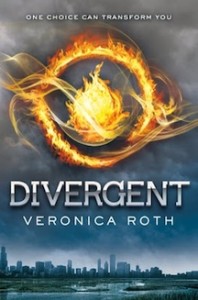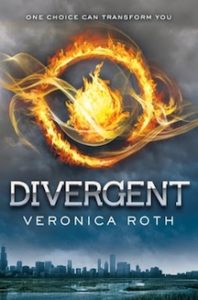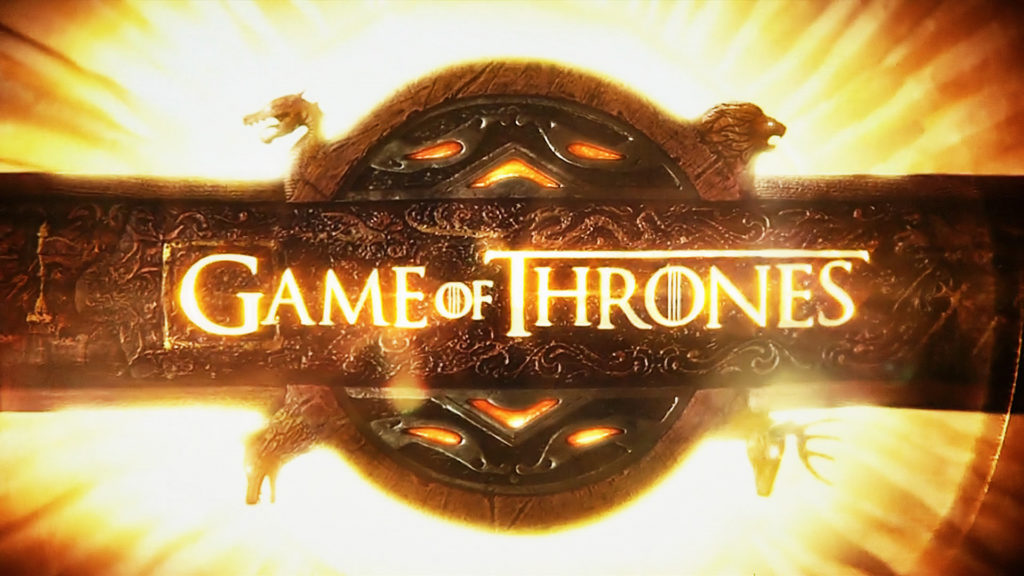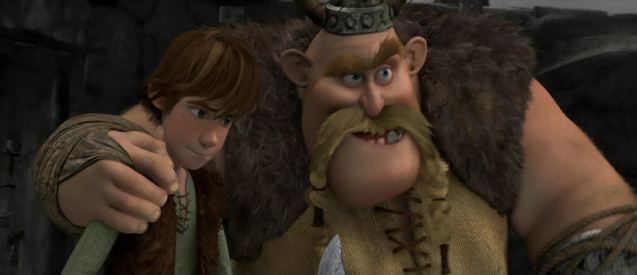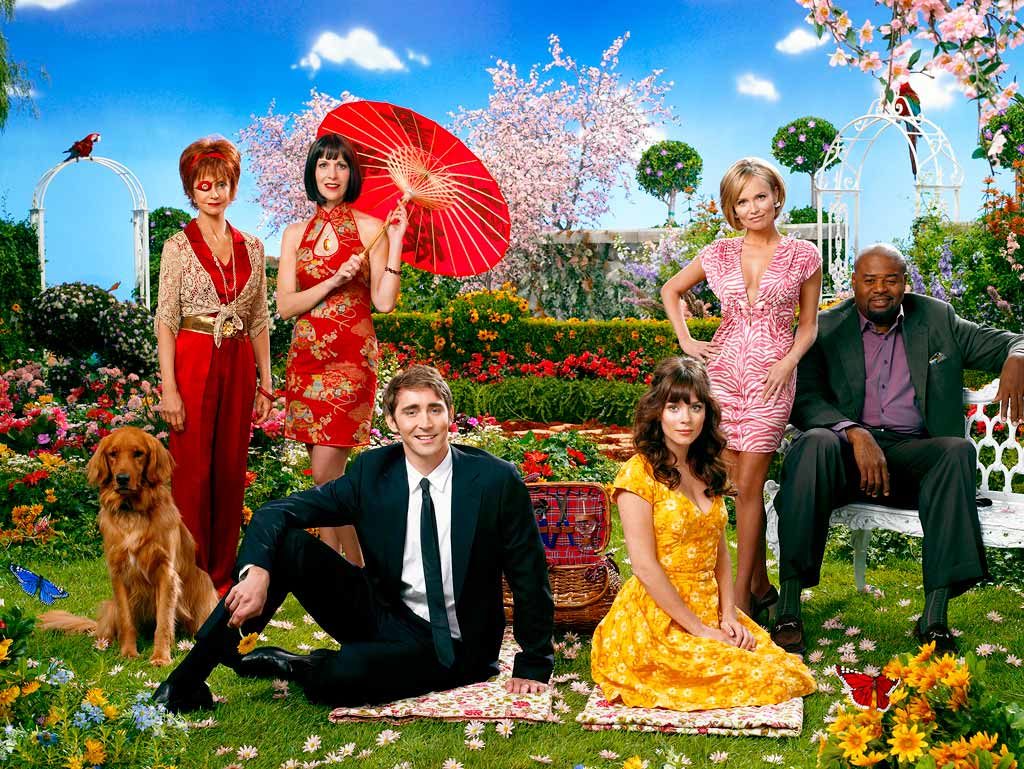If You Want To Make God Laugh…
 So last month, I spent a Monday night seated in front of my computer. My wife would tell you that this, in and of itself, is not unusual. But that particular night, I was watching the liveblog for the Christy Awards. As some of you may know, my book, Numb, was up for a Christy in the Visionary category and I was waiting to find out what happened. Last year, when my debut novel, Failstate, was up for a Christy, I made the trek down to St. Louis for the awards ceremony. This year, due to finances and scheduling concerns, I wasn’t able to go. But I did want to find out what happened.
So last month, I spent a Monday night seated in front of my computer. My wife would tell you that this, in and of itself, is not unusual. But that particular night, I was watching the liveblog for the Christy Awards. As some of you may know, my book, Numb, was up for a Christy in the Visionary category and I was waiting to find out what happened. Last year, when my debut novel, Failstate, was up for a Christy, I made the trek down to St. Louis for the awards ceremony. This year, due to finances and scheduling concerns, I wasn’t able to go. But I did want to find out what happened.
I knew I faced some stiff competition in Patrick Carr’s A Cast of Stones and Anne Elisabeth Stengl’s Dragonwitch. Personally, my money was on Patrick’s book. That isn’t a knock on Anne’s work; there’s a reason why she won this year. But even though I had a pretty good idea that my name would not be called at the awards ceremony, I still had to write an acceptance speech just in case!
Don’t worry, I’m not going to whip it out and force you to read it.
I will say, though, that this proved to be a bit of a challenge. If you haven’t noticed by now, I have a bit of a self-deprecating, sardonic sense of humor that kind of bubbles up in a lot of what I write. But I was worried that if I tried to include that in my speech, it would come off wrong, especially since someone else would have to read it for me. In the end, I stuck to a very short speech that hit the necessary points.
But now I faced a new challenge: who would read the speech on my behalf should the extremely unlikely occur?
My first thought was to ask my intrepid agent, Amanda Luedeke, to do the honors. But, it turns out, she wasn’t going to be there. So my next choice was Steve Laube, the current owner and publisher of Marcher Lord Press…er, Enclave Publishing. It makes sense. Numb is a part of his offerings and he would be there. Steve graciously agreed.
And so that Monday night, I waited. I waited, and tried very hard not to laugh myself silly.
See, the closer the time came to find out who would take home the honors, the more a sense of absurd irony overwhelmed me. And to explain why, I need to rewind about five years and tell you about the nicest rejection letter I ever received.
Five years ago, I was still pounding on doors, trying to find someone who would check out my books. I was attending ACFW conferences to meet with editors and agents, hoping that one of them would give me a chance. Five years ago, I was pitching this little science fiction story I had created, a book called Numb. And, much to my delight, the project got a nibble, a request to see the full manuscript. After putting one final polish on it, I sent it off with a prayer and my fingers crossed.
A month later, I received this:
Dear John,
Thank you for sending us your proposal for our review. While your project exhibits merit it is not quite what we are looking for at this time.
This is a clever story. It may be that you should seek the services of a general market agent who can put your stories in front of the editors of DAW or Ace or DelRey with more success.
The reviews came back with the comment of “overwritten.” I think the comment has some merit. It feels like you are trying too hard.
Note the pages I returned with the name “Crusader” circled. This is a craft issue and is highlighted because of his unusual name. But repeating it so often on page three is a problem. Also note that Crusader has dropped, slunk, pressed, dove, calmly spun, waited, emerged, surveyed and peeked…all on one page.
The immense number of proposals we receive, our full client list, and the intense nature of the competition in the marketplace causes us to be highly selective.
Up until that point, I had only received generic “no thank yous” when submitting materials. This was the first rejection letter with a personal message, and a somewhat positive one at that. In spite of the (admittedly spot on) criticism of the overwritten nature, this one rejection letter gave me enough hope to keep trying, specifically with a story about a teenage superhero competing on a reality TV show.
So who was it who sent me this? Why, none other than Steve Laube, the very man who could possibly be accepting a Christy Award for the book he rejected.
Bizarre. Ironic. Deliciously ridiculous. Delishculous? Can I trademark that one?
Now I’m not sharing this with you to embarrass Steve in any way. Like I said, I understand why he rejected Numb when he did. He was right to do it. It wasn’t ready yet. I hadn’t learned enough. That’s probably still true.
But if you had told me five years ago that I’d be reading a Live Blog, waiting to see if the book that had once been rejected would win an award, one that would be accepted by the guy who did the rejecting in the first place, I’d have laughed in your face. Obviously, though, God had different plans.
I once had a bumper sticker on my car that read, “If you want to make God laugh, tell Him your plans.” I normally don’t try to derive my theology from pithy statements on the back of a rusty bumper, but this one is true. We often get it into our heads that things are going to be one way when God intends to have it a different way. And when His plans unfold, sometimes the only thing you can do is laugh along with Him.

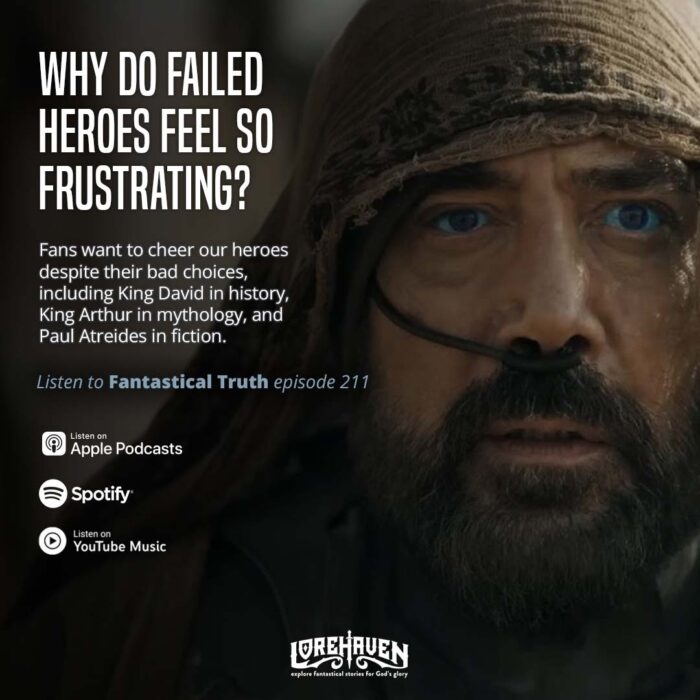

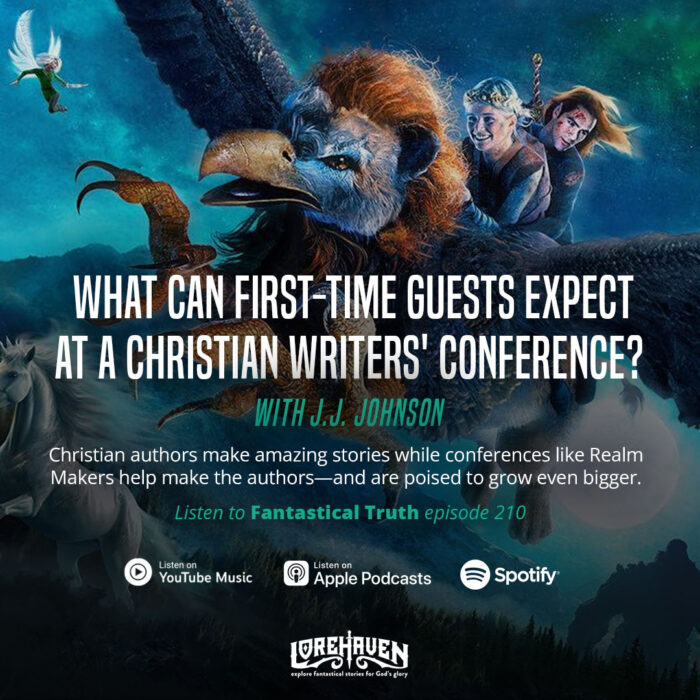






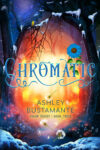





















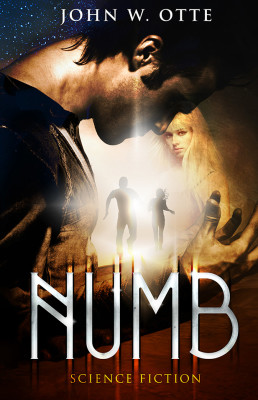
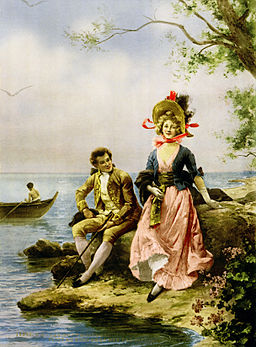

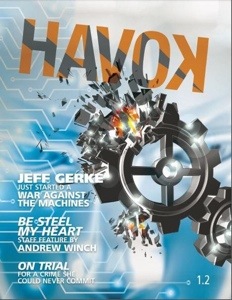




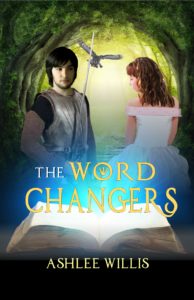


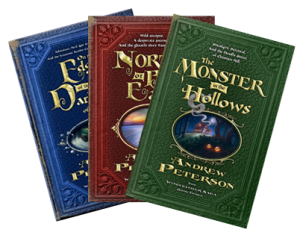
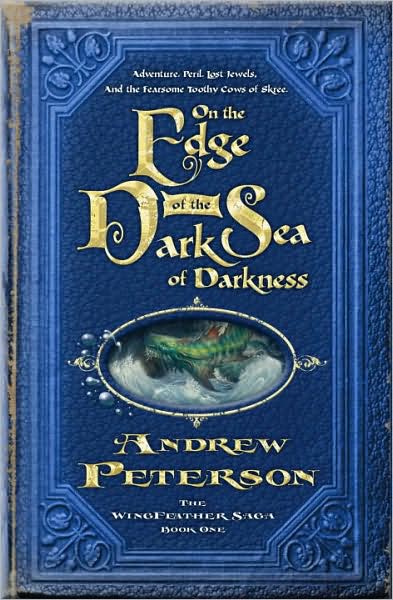 On the Edge of the Dark Sea of Darkness
On the Edge of the Dark Sea of Darkness On the Edge of the Dark Sea of Darkness was a good book, but it wasn’t until North! Or Be Eaten that the Wingfeather Saga achieved excellence. This second book proved a great expansion of the story.
On the Edge of the Dark Sea of Darkness was a good book, but it wasn’t until North! Or Be Eaten that the Wingfeather Saga achieved excellence. This second book proved a great expansion of the story.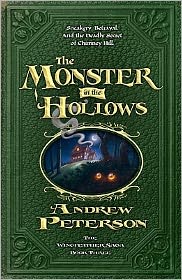 st staid book of the Wingfeather Saga. It’s not as funny as the first book, not as intense as the last, not as exciting or as variable as the second. The middle hundred pages read like a school story.
st staid book of the Wingfeather Saga. It’s not as funny as the first book, not as intense as the last, not as exciting or as variable as the second. The middle hundred pages read like a school story. the most intense: the greatest danger, the most action, the most sadness, the least lightheartedness. There are glimmers of humor, but nothing like the earlier books. Even Monster in the Hollows was funnier.
the most intense: the greatest danger, the most action, the most sadness, the least lightheartedness. There are glimmers of humor, but nothing like the earlier books. Even Monster in the Hollows was funnier.

